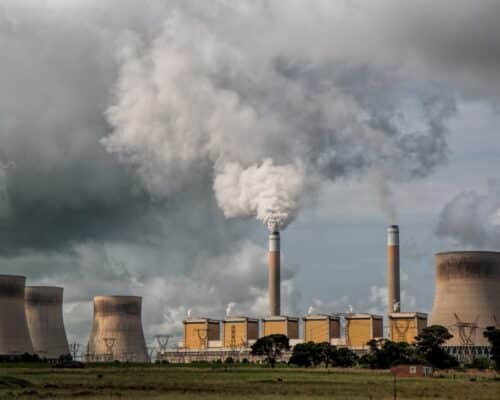Region
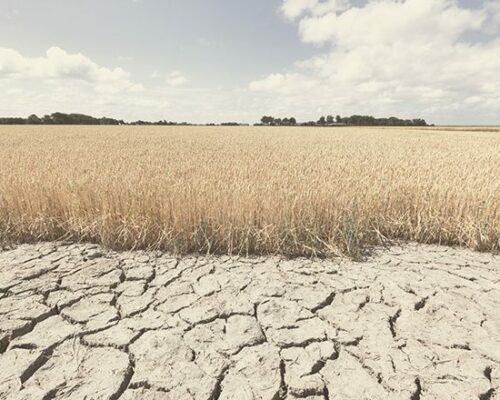
Climate Change in Cambodia: A Growing Concern
Cambodia is highly vulnerable to climate change, and its low economic development will hinder its adaptation and mitigation efforts. Global support is crucial for the country to meet its greenhouse gas emission and adaptation targets.

Will Indonesia’s New Government Support the Energy Transition?
Energy Insights speaks with Afu Utami on the Indonesian presidential election and the new government's energy policy and voters thoughts.
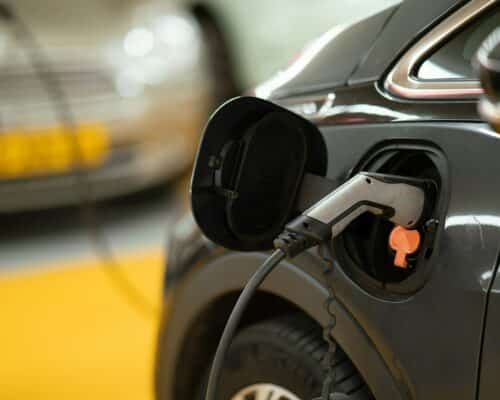
Indonesia to Experience a Green Jobs Boom, But Policy Changes Integral
Indonesia has ambitious plans for its green technology sector. However, to capitalise on the opportunities ahead, the country needs to make the industry more welcoming and lure its youth and experienced workforce to pursue green jobs.
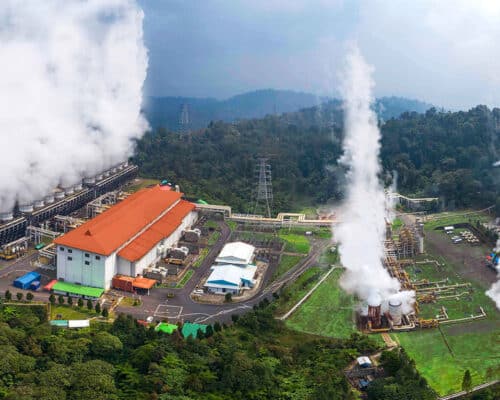
Indonesia’s Untapped Geothermal Energy Potential
Indonesia has the world's largest geothermal energy reserves. However, only a fraction of this energy is developed due to financial risks and environmental concerns. The Indonesian government is aiming to significantly scale up the country's geothermal energy capacity in the coming decade.

Addressing Captive Coal Power Crucial to the Decarbonisation of Indonesia
According to a joint report by CREA and Global Energy Monitor, future emissions from Indonesia’s captive coal plants are a major threat that must be considered within the planned use of the USD 20 billion Just Energy Transition Partnership (JETP) funding.
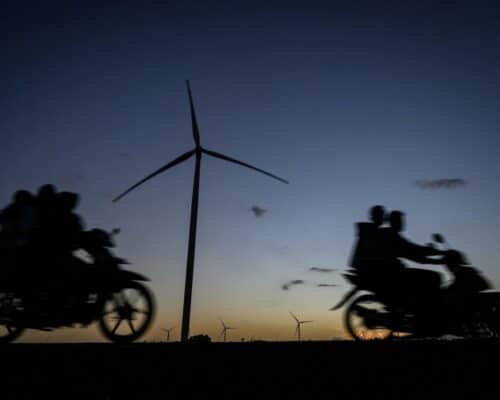
Wind Energy In Indonesia: Slow Growth, Promising Future
Indonesia has a significant potential for wind energy, yet the country only has two utility-scale wind farms running. This is primarily the result of high initial investment costs and a need for more supportive regulation for development. These policies must improve to help the country capitalise on its wind energy potential and meet its decarbonisation goals.
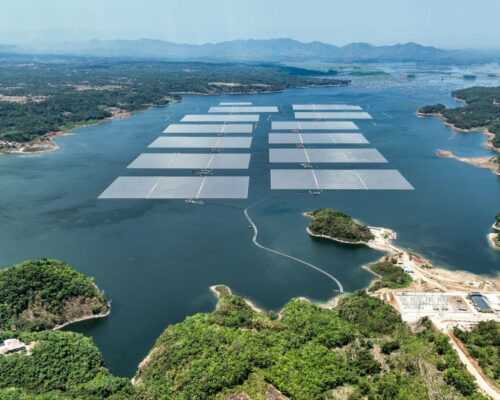
Solar Energy In Indonesia: Potential and Outlook
Indonesia has significant potential for solar energy. However, it has remained largely untapped. The country's 2030 and 2060 decarbonisation goals heavily rely on the industry's rapid expansion.

The Impact on Japan as President Biden Halts LNG Exports From New Plants
While President Biden’s decision doesn’t threaten energy security and short-term deliveries, it is yet another nail in the coffin of the theory that natural gas is the reliable “bridge fuel” the world needs.
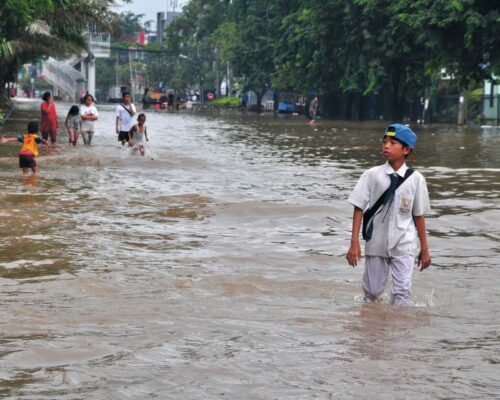
Climate Change in Indonesia: A Nation’s Response and Challenges
Climate change is a major concern for Indonesia. Its extensive coastline, tropical climate and low human development index scores are major risk factors. In response, the country has started implementing long-term climate goals and looking for international assistance in funding its programs.

Top Wind Energy Companies in India 2024
India is aiming to triple its wind energy capacity by 2030. This will require significant growth within the wind sector and supportive government policies. The sector is on track to grow at an 8% compound annual growth rate over the next decade.
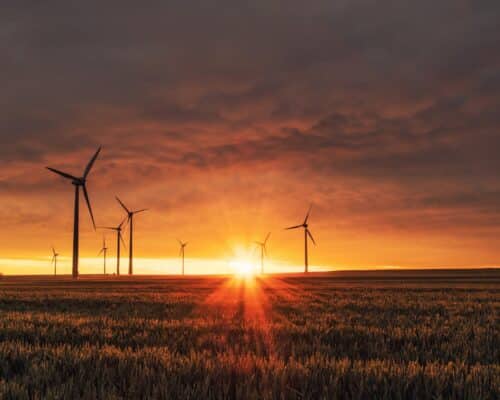
Indonesia Energy Transition Outlook 2024: In Light of the JETP
Whoever holds power after Indonesia’s February elections has a chance to alter the country's future. Projects, like increased coal and gas capacity and expensive, untested technologies, should remain on paper, while solar and wind must become the priority.

Japanese Automakers’ EV Plans Under the Spotlight
Toyota Chairman Akio Toyoda has used a dip in global EV sales to justify his anti-EV stance. However, there's more behind the scenes. The legendary car maker has fallen behind its global EV rivals and is challenged by environmental groups for negatively influencing Paris-aligned climate policy.
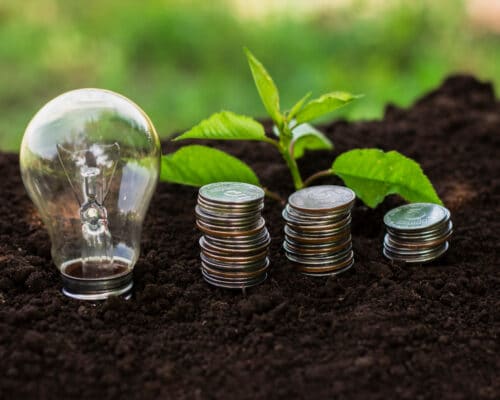
Clean Coal vs Renewables: Economic Costs and Gains For Southeast Asia
Despite the subsidies and industry support, Japan’s proposed technologies are struggling to prove promising even at home. Yet, it aims to export them to countries with much more fragile economies and significant challenges. Crunching the numbers reveals that Southeast Asia has a lot to gain if its pursues renewables instead.
Most Popular
Categories
-
9
-
33
-
126
-
4
-
17
-
43
-
52
-
11
-
10
-
15
-
24
-
6
-
6
-
247
-
195
-
13
-
23
-
1
-
1
-
23
-
38
-
41
-
84
-
18
-
81
-
41
-
17
-
10
-
40
-
41
-
86
-
284
-
21
-
39
-
35
-
10
-
41
-
36
